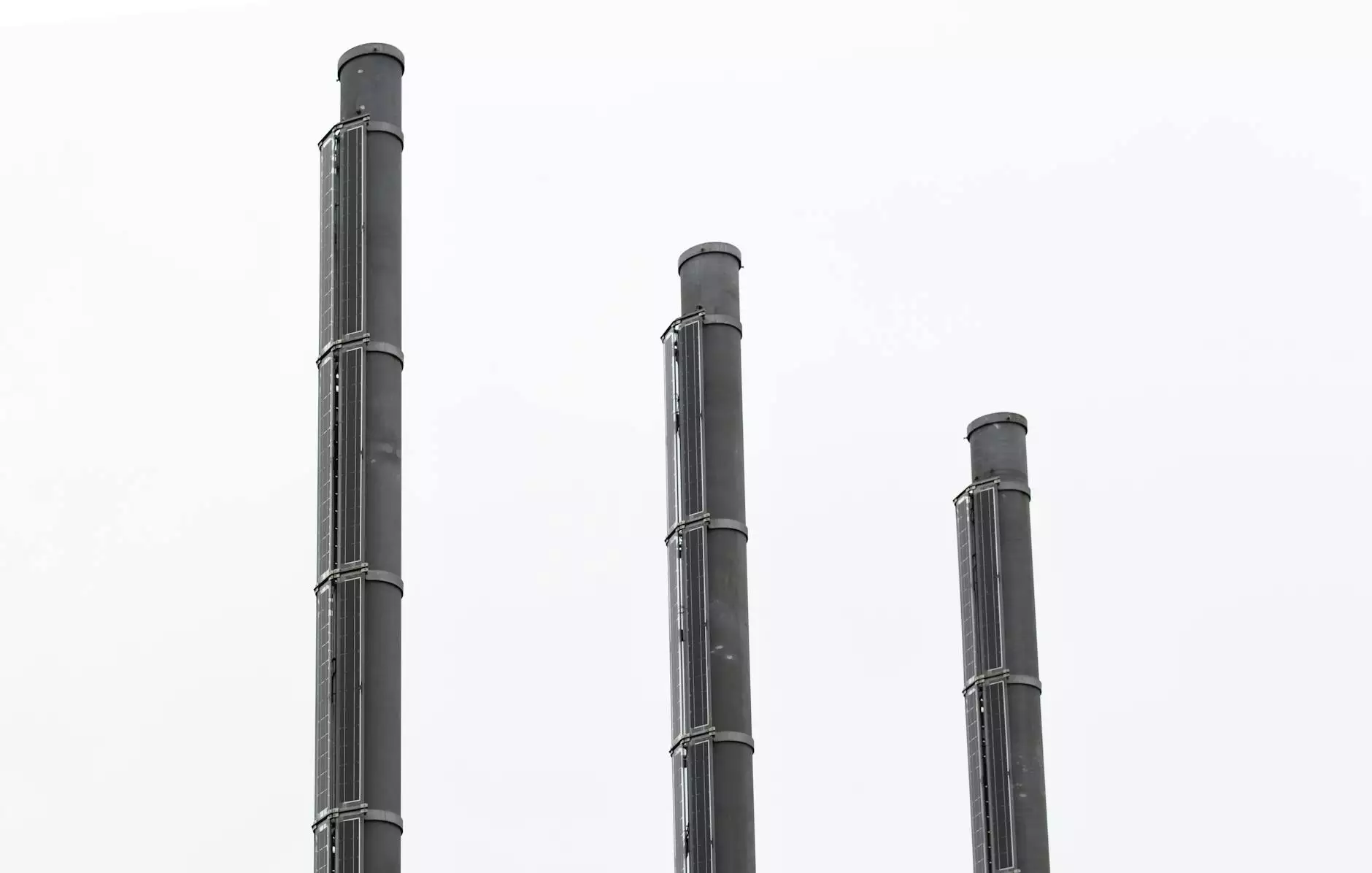The Role of Asphalt Manufacturing Plants in Electronics and 3D Printing

Introduction to Asphalt Manufacturing Plants
Asphalt manufacturing plants play a crucial role in various industries, including electronics and 3D printing. These facilities are responsible for producing asphalt, a versatile material known for its durability and flexibility.
Benefits of Asphalt in Electronics
Electronic components and devices often require sturdy and heat-resistant materials. Asphalt is an excellent choice for providing thermal insulation and protection in electronic products. It can enhance the durability and performance of circuit boards, semiconductor devices, and other electronic components.
Key Features:
- Heat Resistance: Asphalt can withstand high temperatures, making it ideal for electronic applications where heat dissipation is crucial.
- Durability: The robust nature of asphalt ensures the longevity of electronic devices even in harsh operating conditions.
- Insulating Properties: Asphalt's insulating properties help prevent electrical malfunctions and ensure safe operation of electronic equipment.
Integration of Asphalt in 3D Printing
3D printing is a rapidly evolving technology that relies on advanced materials for manufacturing intricate and customized objects. Asphalt can be utilized in 3D printing processes to create durable and high-quality products.
Advantages in 3D Printing:
- Structural Integrity: Asphalt-based materials offer superior structural strength, making them suitable for producing robust 3D-printed parts.
- Cost-Effectiveness: Asphalt is a cost-effective material for 3D printing applications, allowing for affordable production of complex designs.
- Surface Finish: Asphalt can provide a smooth surface finish to 3D-printed objects, enhancing their overall quality and aesthetics.
Enhancing Industrial Processes with Asphalt
With the rising demand for innovation and efficiency in the electronics and 3D printing industries, integrating asphalt manufacturing plants can lead to significant advancements. These plants enable businesses to customize asphalt formulations to meet specific requirements, ensuring optimal performance in diverse applications.
Application in Electronics Manufacturing:
Electronics manufacturers can benefit from incorporating asphalt-based materials in their production processes. By leveraging the unique properties of asphalt, such as heat resistance and insulation, companies can enhance the reliability and performance of their electronic products.
Impact on 3D Printing Technology:
The integration of asphalt in 3D printing technology opens up new possibilities for creating robust and functional prototypes, components, and finished products. Asphalt's versatility and durability make it a valuable resource for advancing the capabilities of additive manufacturing.
Conclusion
In conclusion, asphalt manufacturing plants play a vital role in driving innovation and efficiency in the electronics and 3D printing industries. By harnessing the unique properties of asphalt, businesses can enhance the quality, durability, and performance of their products, ultimately leading to a competitive edge in the market.









